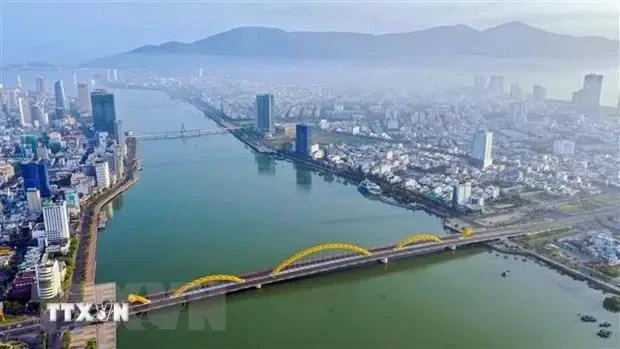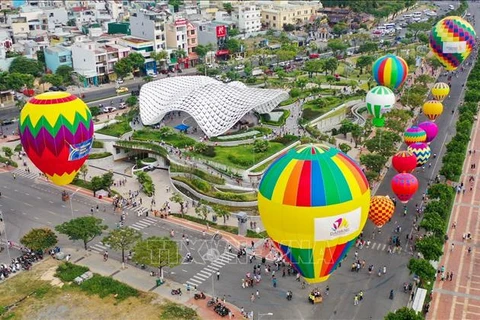
Hanoi (VNA) – Chairman of the National Assembly Tran Thanh Man has signed a resolution on urban administration organisation and the piloting of some special mechanisms and policies for the development of the central city of Da Nang.
The resolution covers finance, State budget, investment and planning management; semiconductors, artificial intelligence (AI), information-communications, science-technology management, and innovation; priority areas in attracting strategic investors; and the establishment of a free trade area in Da Nang, among others.
It targets State agencies, social-political-professional organisations, and other relevant organisations and individuals.
Notably, the free trade area will be formed in association with Lien Chieu Port, and it will see the pilot implementation of mechanisms and policies to lure investments and high-quality services.
It will feature functional areas, including those for production, logistics, and trade-services, with trade activities to be conducted in line with legal regulations on customs, tax, and export-import.
Regarding support for innovation, startup, semiconductors and AI, Da Nang will offer corporate income tax exemption for five years. In case an enterprise is subject to the global minimum tax, it must complete the payment according to corresponding regulations.
The municipal People's Committee has decided to impose time-limited controlled testing of new technologies, products, services, and business models in the high-tech park, the centralised IT park, and the city innovation startup support centre and the innovation space invested by the city budget.
The maximum duration of the testing is three years and it can be extended once for no more than three years.
The resolution was approved by the legislature on June 26 as part its seventh session./.






















